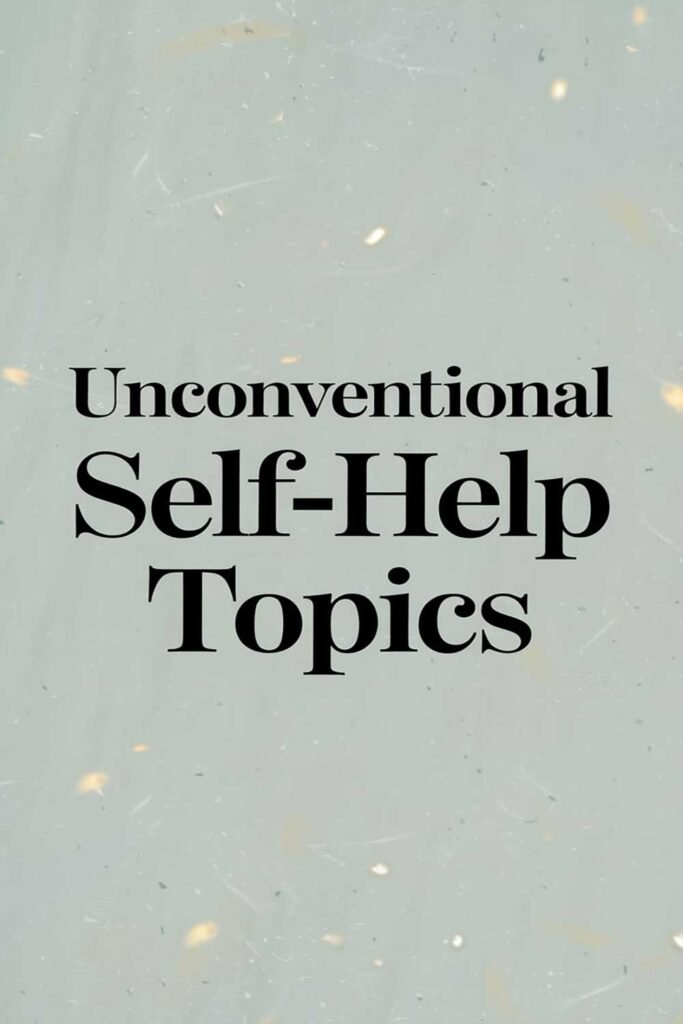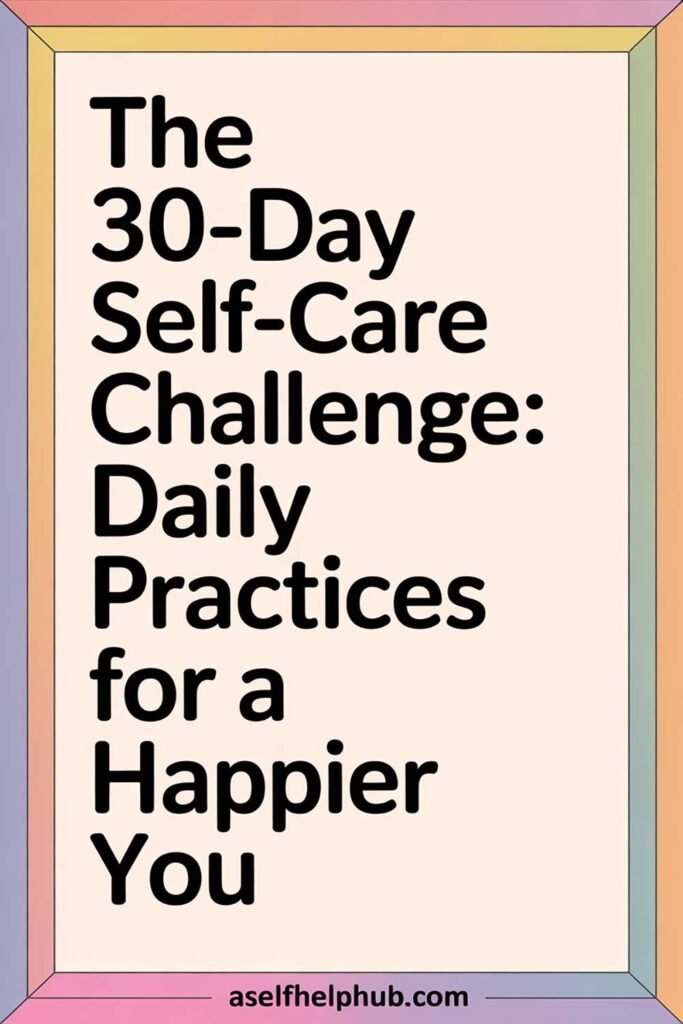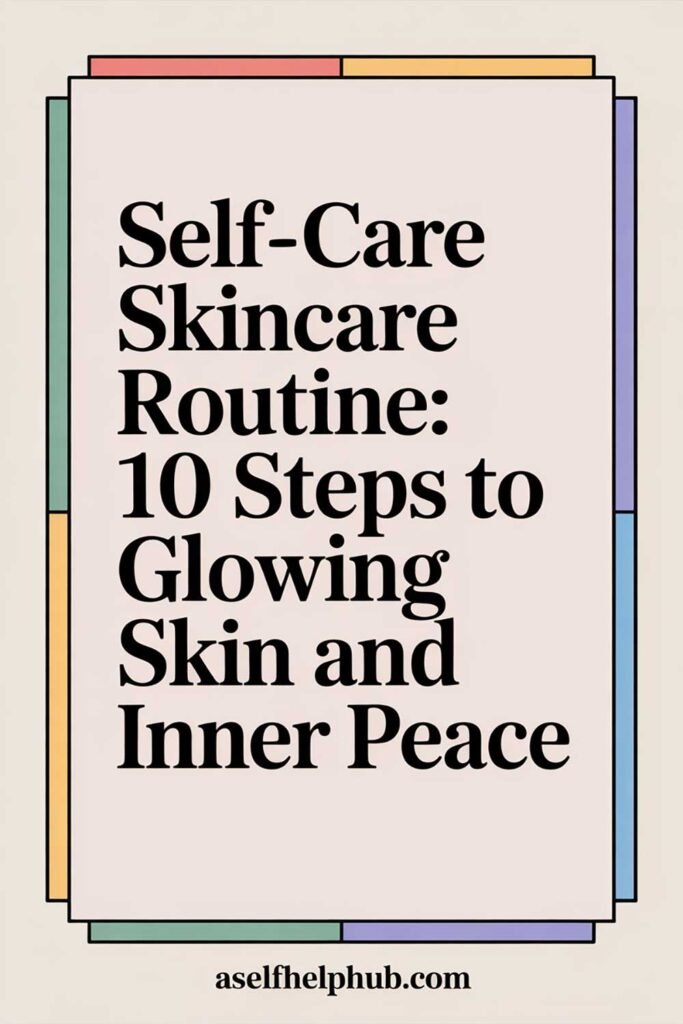What Reality Shows Reveal About Human Behavior
The Social Experiment of Reality TV
Reality television has captivated audiences for decades, offering a raw, unscripted look into human behavior. While some shows emphasize drama and entertainment, they also serve as informal social experiments that reveal how people react under pressure, form relationships, and navigate challenges. By analyzing reality shows, we gain insights into psychology, social dynamics, and human nature.

Key Behavioral Lessons from Reality Shows
1. The Influence of Social Pressure – Survivor
Contestants on Survivor often shift their strategies based on group dynamics, demonstrating the power of peer pressure and social influence.
How to apply this:
- Be mindful of how external influences shape your decisions.
- Stand by personal values rather than conforming for approval.
- Recognize groupthink and make independent, rational choices.
2. The Psychology of Competition – The Amazing Race
Competitive reality shows highlight how pressure impacts performance and decision-making.
How to apply this:
- Stay composed under stress to make better choices.
- Learn to balance competitiveness with teamwork.
- Use challenges as opportunities for personal growth.
3. The Desire for Validation – The Bachelor/Bachelorette
Participants on dating shows often seek validation, reflecting common human desires for acceptance and love.
How to apply this:
- Build self-worth independently of external validation.
- Recognize the difference between genuine connections and surface-level attraction.
- Prioritize authenticity in relationships rather than seeking approval.
4. Group Dynamics and Alliances – Big Brother
Shows like Big Brother showcase how trust, deception, and alliances impact social relationships.
How to apply this:
- Be aware of the motives behind group behavior.
- Build genuine connections based on trust rather than convenience.
- Understand how social strategies affect personal and professional interactions.
5. Resilience and Adaptability – Hell’s Kitchen
Gordon Ramsay’s high-pressure kitchen environment reveals how resilience and adaptability contribute to success.
How to apply this:
- Adapt to challenging environments with a growth mindset.
- View criticism as a tool for improvement rather than discouragement.
- Develop mental toughness to handle high-stress situations.
6. The Power of Storytelling – American Idol & The Voice
Contestants with compelling personal stories often resonate more with audiences, demonstrating the impact of emotional connection.
How to apply this:
- Use storytelling to build connections in personal and professional life.
- Embrace vulnerability to create authentic relationships.
- Recognize the power of emotional appeal in persuasion.
7. Consumer Behavior and Trends – Shark Tank
Entrepreneurs on Shark Tank reveal insights into market trends, negotiation tactics, and consumer psychology.
How to apply this:
- Understand what drives consumer decisions and trends.
- Develop negotiation skills for personal and professional interactions.
- Balance confidence with humility when presenting ideas.
8. Authenticity vs. Performance – Keeping Up with the Kardashians
Reality TV often blurs the line between authenticity and performance, raising questions about self-presentation.
How to apply this:
- Differentiate between curated personas and real-life authenticity.
- Be mindful of social media portrayals versus reality.
- Cultivate genuine self-expression rather than performing for validation.
9. Conflict Resolution Styles – Real Housewives Franchise
Drama-filled reality shows illustrate various conflict resolution styles, from avoidance to confrontation.
How to apply this:
- Choose constructive ways to handle disagreements.
- Avoid escalating conflicts by practicing active listening.
- Recognize when to engage in discussions and when to disengage from toxic interactions.
10. The Human Fascination with Drama and Spectacle
Reality TV thrives on heightened emotions and spectacle, revealing a deep-rooted psychological attraction to drama.
How to apply this:
- Be aware of how drama influences emotions and decision-making.
- Avoid unnecessary conflict by recognizing attention-seeking behaviors.
- Focus on substance and depth rather than entertainment-driven narratives.
The Ethical Considerations of Reality TV
While reality shows provide entertainment and insight into human behavior, they also raise ethical concerns:
- Manipulation and Editing: Producers shape narratives to maximize drama, influencing public perception.
- Mental Health Impact: Contestants often face emotional distress due to public scrutiny and high-pressure environments.
- Exploitation for Ratings: Some reality shows prioritize entertainment over the well-being of participants.
How to critically engage with reality TV:
- Recognize that reality shows are edited for dramatic effect.
- Avoid making snap judgments about contestants based on limited screen time.
- Support ethical production practices that prioritize participant well-being.
The Lasting Impact of Reality TV on Society
Reality television reflects and reinforces societal norms, shaping cultural trends and perceptions. Whether it’s through showcasing resilience, relationships, or personal ambition, these shows provide a mirror into human nature. By analyzing reality TV with a critical lens, we can extract meaningful lessons about social behavior, decision-making, and emotional intelligence.
Inspirational Quotes on Human Behavior and Reality TV
- “People are drawn to drama and spectacle because it reflects the highs and lows of human nature.” – Unknown
- “Reality television is an oxymoron. There’s nothing real about it.” – Hugh Laurie
- “The greatest lesson from reality TV is that authenticity is often an illusion.” – Anonymous
- “We watch reality shows not just for entertainment, but to see reflections of our own desires and fears.” – Media Analyst
- “Reality TV teaches us about human nature—the good, the bad, and everything in between.” – Cultural Critic
Picture This
Imagine watching your favorite reality show with a new perspective. Instead of just focusing on the drama, you start analyzing the social dynamics, the decision-making strategies, and the psychological behaviors at play. You see the hidden lessons in every episode—insights into ambition, relationships, and resilience. How would this shift in perspective change the way you engage with entertainment?
Please Share This Article
If you found this article insightful, share it with others who enjoy reality TV and want to explore its deeper lessons.






